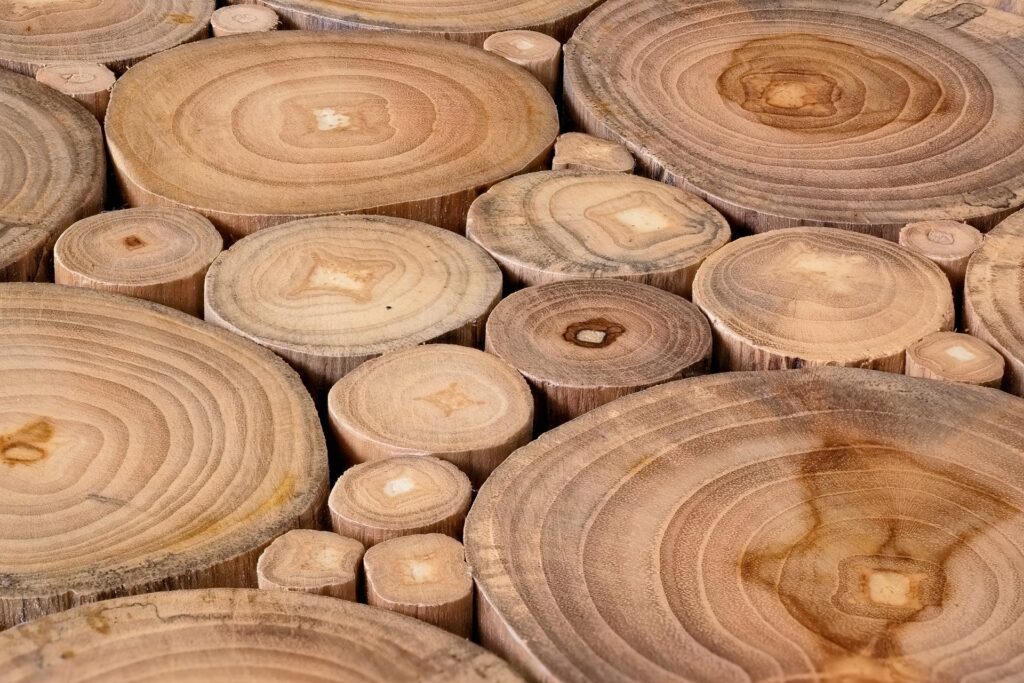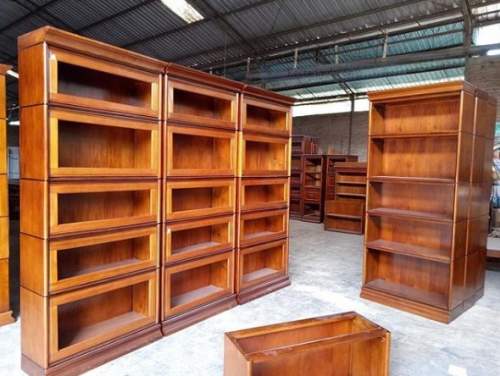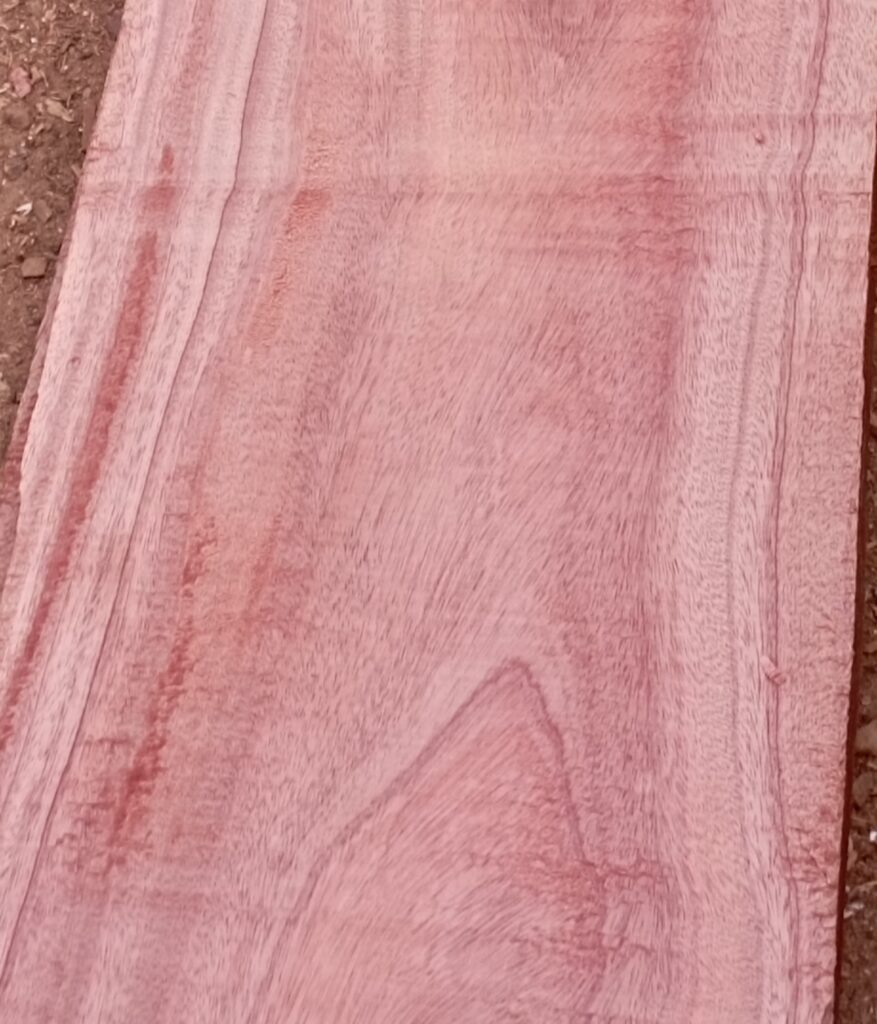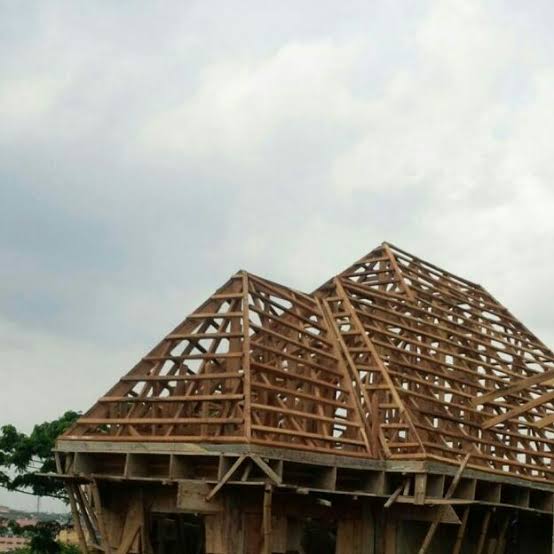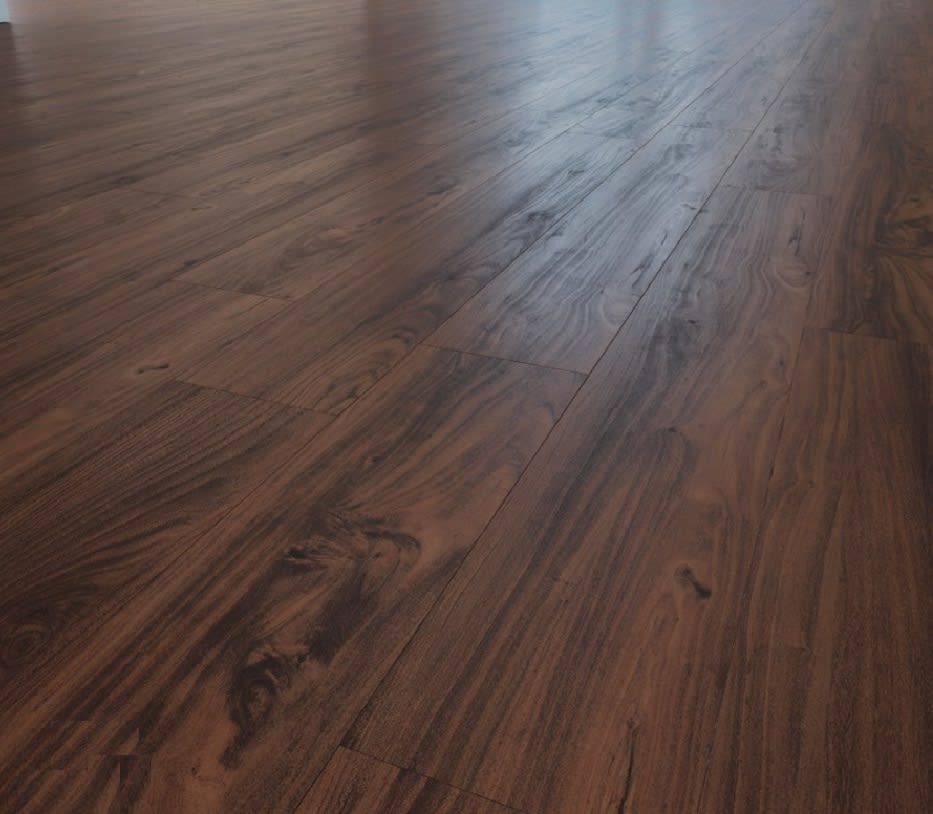Have you ever wondered which are the best woods for furniture in Nigeria?
With abundance of sunshine and adequate rain, Nigeria is home to lots of trees and timber species. There are the deciduous trees which produce hardwood timbers, and there are the coniferous trees from which softwood timbers are harvested.
While most hardwood timbers are characterized by their richness of colour, softwood timbers are mainly white woods.
The best woods for making furniture in Nigeria are ranked based on their visual appeal, their strength and durability, their resistance to insects and weather changes, and, their ease of machining. Preference for these woods, however, varies with the type of furniture being made; and it’s influenced heavily by their costs and availability, and the level of education of the furniture maker.
Below we study 6 of the most widely accepted wood for furniture in Nigeria according to woodworkers at Ezeja.
1. Gmelina arboreal
Gmelina is popular for its ease of machining. It is a lightweight hardwood with nice gluing property, nice bending and compressive strength, and soft texture.
Gmelina is great for the making of indoor furniture like chairs, tables, and staircase accessories like balusters and newel posts. Being a softer wood, the Gmelina is an all-time favourite whenever a piece of furniture needs some good carving or turning.
The Gmelina tree is a fast growing tree, and thus a promising raw material for furniture.
2. Teak
Teak, or Tectona Grandis is arguably the most beautiful wood for furniture making in Nigeria. It’s famed for its straight grain patterns, its rich colouring, and a natural luminous shine.
Teak is a very strong and durable hardwood specie. It is highly resistant to insects. Teak has high oil content, and so absorbs little moisture, and thus not susceptible to rot.
Teak is a top choice for furniture making when strength and durability is highly sought. It is also one of the best choices for making outdoor furniture, a privilege it enjoys because of its resistance to adverse weather and insects.
3. Mansonia
Mansonia altissima is another great choice for furniture making. It’s a hardwood, celebrated mainly for its visual appeal, and its outdoor weathering property.
Mansonia is an easy-to-work wood for both hand and machine tools, has high bending strength, low stiffness, medium shock resistance, and high crushing strength.
Mansonia has good gluing property. It works best for simple interior joinery like chairs and tables.
4. Mahogany
Mahogany is a very famous strong and durable hardwood. It is celebrated for its strength and stability, and is less likely to twist, warp, split, or crack over time. Mahogany is also less likely to rot as it’s highly resistant to insect and moisture. It is a great choice for outdoor furniture and pergolas. Mahogany is also popular for the making of church pews and other publicly available furniture where strength and toughness are highly sought.
Mahogany looks great. It has attractive wood grain patterns. Mahogany is, however, a dense and rigid wood, so does not bend well. It is also very difficult to cut into shape, and it’s tiring to install.
5. Iroko
Iroko, known as Oji in Igbo, is another dense and durable hardwood that is popular for furniture production in Nigeria. It is characterized by golden brown hues, interlocking grains, and high resistance to weather and insects.
Iroko is generally easy to work. It takes nails and screws well, but it’s tiring to sand because of its interlocking grains.
Iroko is great for outdoor furniture; and also for tables, chairs, and beds that are bound to last.
6. Pine
Pine is the only wood here that is not grown in commercial quantity in Nigeria. It’s also the only softwood in this list of the best woods for furniture in Nigeria. Pine timbers available across wood markets in Nigeria came into the country as pallets for transporting goods imported from abroad.
So, why would this knotty softwood that scratches and dents easily, and is not resistant to weather changes become a top choice for furniture making in a country with abundance of Mahogany and teak?
Pine wood are brought into Nigeria pressure-treated, well-planed, and kiln-dried. Because of the dearth of wood processing infrastructure across most furniture making zones in Nigeria, woods that are readily available with these features are thus highly sought after. Iroko, for example, might be a more stable wood than Pine; but a wet, badly sawn Iroko that is readily available to an average Nigeria furniture maker might be more susceptible to weather and insects than a pressure-treated pine wood.
Pine is also a very bendable wood. It’s easy to cut, carve, and turn. It’s also a good option for milling of solid wood flooring.

